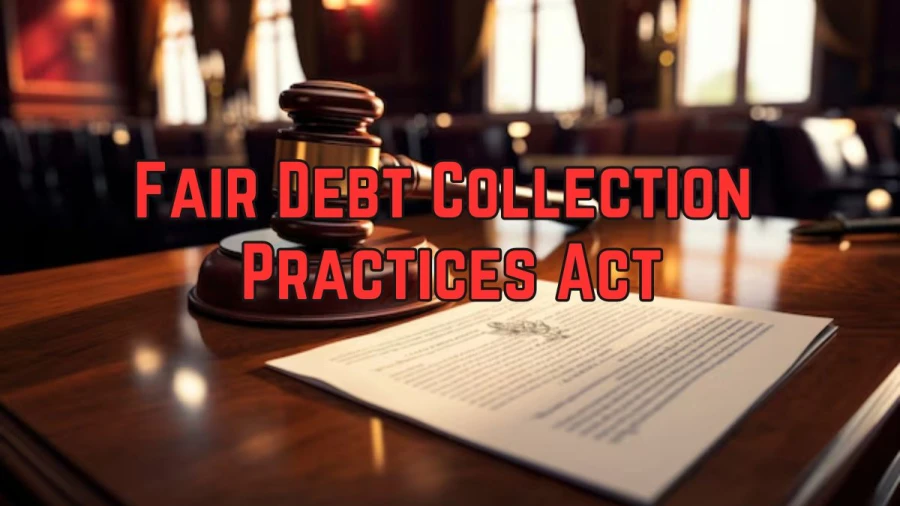
Fair Debt Collection Practices Act, How Does It Work?
Learn how the Fair Debt Collection Practices Act (FDCPA) protects people from mistreatment by debt collectors and find your rights and how to take action if they violate those rights.
by P Nandhini
Published Apr 10, 2024 | Updated Apr 10, 2024 | 📖 4 min read
Fair Debt Collection Practices Act
The Fair Debt Collection Practices Act (FDCPA) is a law that helps protect people from unfair treatment by debt collectors. Debt collectors are individuals or companies who attempt to get money from others who owe them.
This law sets rules for how debt collectors can communicate with the individual who owes money. For example, it says they can't call very early in the morning or very late at night. Also, they can't use harsh or threatening language to attempt to get the money.
If a debt collector doesn’t follow these guidelines, the person who owes the money can sue them. Generally, this law exists to ensure that debt collectors behave fairly and respectfully when trying to collect money. It does not allow them to bother people too much or use bad language.
The person who is owed money can file a complaint and even receive money back for damages if they fail to comply with these rules. It's a rule to ensure that everyone is treated fairly while repaying debts.
How Does the Fair Debt Collection Practices Act (FDCPA) Work?
Setting Limits: The FDCPA sets rules for how debt collectors can contact individuals who owe money.
Protection from Harassment: This law stops debt collectors from troubling you too much. They can't call you over and over again in a short period.
Privacy Protection: Debt collectors are not allowed to share information about your debt with anyone else. They are only allowed to talk to you or your partner about it.
Validation Notice: Debt collectors must send you a letter notifying you of the amount owed and to whom it is owed within five days of contacting you. This gives you a chance to make sure the debt is correct.
Timing Rules: Debt collectors are not allowed to call you in the early hours of the morning or the late hours of the night.
Stopping Calls: If you don’t want debt collectors calling your home, you can write them a letter asking them to stop. They must respect your request.
Respectful Communication: Debt collectors can't use inappropriate words or threatening language when talking to you about your debt.
No Threats or Lies: Debt collectors can't threaten you with things like arrest or lawsuit if they don't plan to follow through. Moreover, they can't lie to you about your debt.
Legal Action: If a debt collector breaks these rules, you can take legal action against them. You might even get cash back for any harm they caused.
How to File a Complaint Against a Debt Collector for FDCPA Violation?
If a debt collector breaks the rules of the Fair Debt Collection Practices Act (FDCPA), you have the right to file a complaint against them. Here's how you can do it in simple steps:
Gather Information
Collect any proof you have, like letters or recordings of phone calls, that shows the debt collector violated the FDCPA.
Contact Authorities
You can file a complaint with the Consumer Financial Protection Bureau (CFPB) online, by phone, or by mail. They are capable of executing the FDCPA.
Provide Details
When registering a complaint, give as much detail as possible about what happened. Give dates, times, and any discussions you had with the debt collector.
Wait for Investigation
After you register a complaint, the CFPB will examine the issue. They may reach out to you for more data if needed.
Stay Informed
Keep track of any updates from the CFPB about your complaint. They will notify you of the outcome of their investigation.
Seek Legal Help
If the debt collector proceeds to violate the FDCPA or if you're unsure about the preparation, consider lawful advice. A lawyer will help you understand your rights and options.
It’s important to remember that filing a FDCPA Complaint against a debt collector is your legal right, and it protects you and others like you from unfair treatment.




